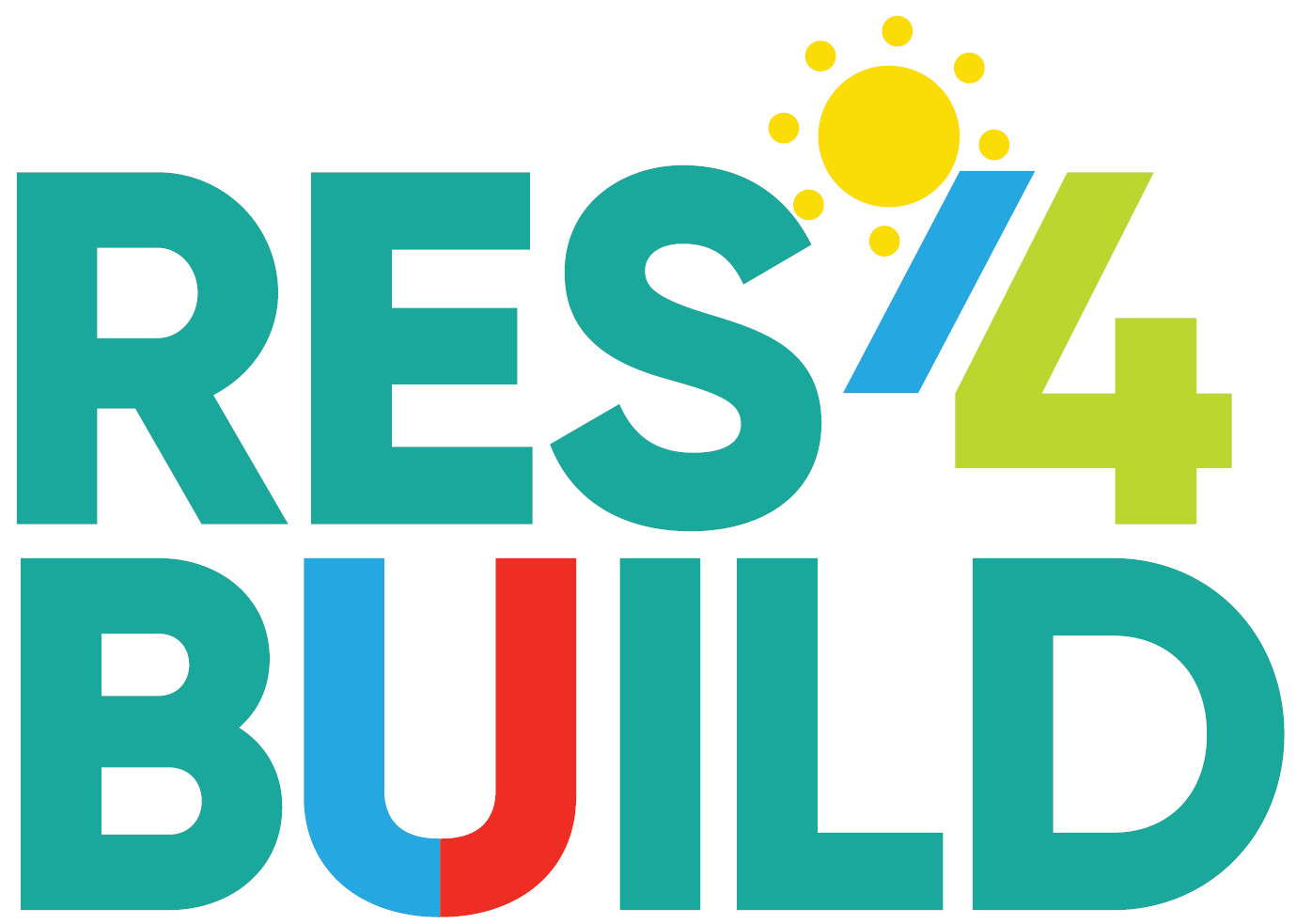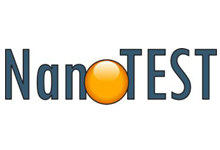Dr Marika Pilou holds a Diploma in Mechanical Engineering (School of Mech. Engineering, NTUA) and MSc from the Joint Postgraduate Studies Programme in Biomedical Engineering (Faculty of Medicine, University of Patras, in collaboration with the School of Electric. and Comp. Engineering and the School of Mech. Engineering of NTUA).
Her PhD in Engineering was a collaboration of School of Mech. Engineering (NTUA) and THEMLab (INRaSTES, NCSR ‘Demokritos’) and it was funded by a scholarship from NSCR ‘Demokritos’ (2007-2011). Dr Pilou is an external research associate of THEMLab since 2007.
Her research focuses on computational modelling of fine and ultrafine particles in the respiratory and cardiovascular systems, taking into account external processes (convection, diffusion, inertia, external force fields etc.) with CFD-based methodologies. Moreover, she works on numerical estimation of aerosol deposition in the human respiratory tract through inhalation.
Recently, she is also working on modelling the operation of energy systems of buildings that include renewable energy components. She has extensive experience in algorithm and software development in FORTRAN, MATLAB/OCTAVE and Python.
She has collaborated in EU funded projects (RES4BUILD, EC4SafeNano, Scaffold, NanoTEST, NanoImpactNet) both on scientific (methodology and software development, technical report writing) and administrative (workshops/meetings organization, reporting) levels.
Dr Pilou is also regularly involved in educational activities; she has co-supervised three Diploma Theses in collaboration with Prof. S. Tsangaris (NTUA) and trained under- and post-graduate students to THEMLab in-house software, lung dosimetry and scientific writing through collaborations with other laboratories and/or educational institutes (Greek and European).
Currently, she is a recipient of a scholarship for Postdoctoral Researchers by the State Scholarships Foundation (IKY) and she is developing an integrated software for dosimetry in the respiratory system (01/2020-12/2021).

RES4BUILD will decarbonise the energy consumption in buildings by developing integrated renewable energy-based solutions that are tailored to the needs and requirements of users and installers. The consortium’s multidisciplinary team of experts will:

Knowledge about nanotechnology-enabled processes and products and related nanosafety issues (hazards, fate, risk...) is growing rapidly, achieved through numerous European or national programs launched over the last decade, but effective use of this knowledge for risk management by market actors is ...

SCAFFOLD collected, reviewed and analyzed relevant quantitative and qualitative information and data on current strategies, methods and tools for workers protection against manufactured nanomaterials (MNMs), in order to identify needs and gaps for proper risk management. Four main topics were analyz...

NanoTEST was a collaborative research project, funded under the EU Seventh Framework Programme for Health 2007. The project brought together a team of lead scientists in Europe, and the overall aim was to develop alternative testing strategies and high-throughput toxicity testing protocols using in ...

NanoInformaTIX develops a web-based Sustainable Nanoinformatics Framework (SNF) platform for risk management of engineered nanomaterials (ENM) in industrial manufacturing. The tool will be based on the significant amounts of data on physico-chemical and toxicological and ecotoxicological properties ...
